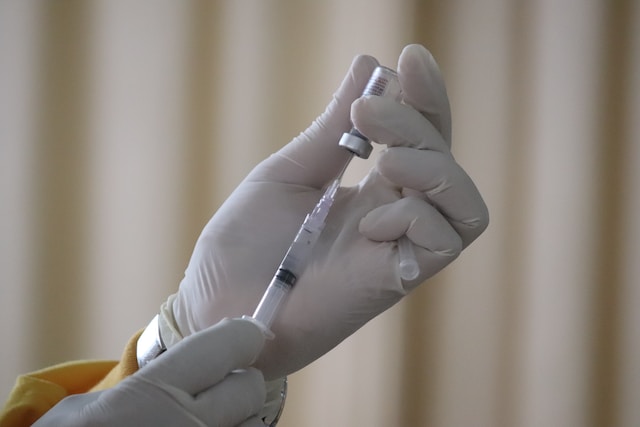Cortisone shots are a common treatment option for joint pain, inflammation, and arthritis. They work by reducing inflammation and swelling, which can alleviate pain and discomfort. However, as with any medical procedure, there are risks involved. One of the potential complications is hitting a nerve during the injection. This can result in nerve damage, which can lead to a range of symptoms, including pain, numbness, tingling, and weakness. The severity of the symptoms will depend on the extent of the nerve damage and the location of the nerve that was hit.

Several factors can increase the risk of hitting a nerve during a cortisone injection. These include the location of the injection site, the skill of the healthcare provider administering the injection, and the patient’s anatomy. Injections into smaller joints, such as those in the hands and feet, may be more difficult to administer without hitting a nerve. Additionally, healthcare providers who lack experience in administering cortisone injections may be more likely to hit a nerve.
The symptoms of nerve damage resulting from a cortisone injection may vary depending on the location of the injection and the severity of the damage. Some of the most common symptoms include pain, numbness, tingling, and weakness in the affected area. In some cases, patients may experience a loss of sensation, which can make it difficult to perform everyday tasks.
If a patient experiences any of these symptoms after a cortisone injection, it is crucial to seek medical attention immediately. In some cases, the nerve damage may be reversible if it is caught early and treated appropriately. However, if the damage is left untreated, it can lead to long-term complications, including chronic pain, weakness, and loss of sensation.
The treatment for nerve damage resulting from a cortisone injection will depend on the extent of the damage and the severity of the symptoms. In some cases, monitoring the patient and providing supportive care may be sufficient. This may include medications to help alleviate pain and inflammation, as well as physical therapy to help improve strength and mobility.
In more severe cases, surgery may be necessary to repair the damaged nerve. This may involve removing scar tissue or other obstructions that may be impeding nerve function, or it may involve grafting healthy nerve tissue to replace the damaged tissue.
While cortisone injections can be an effective treatment option for many conditions, there are risks associated with the procedure, including the risk of hitting a nerve. Patients who are considering a cortisone injection should discuss the potential risks and benefits with their healthcare provider and ensure that they choose a provider with experience in administering the injection.
In conclusion, cortisone shots are a common treatment option for joint pain, inflammation, and arthritis. However, hitting a nerve during the injection can result in nerve damage, which can lead to a range of symptoms. Patients should be aware of the potential risks associated with the procedure and should discuss them with their healthcare provider. Additionally, patients should choose a provider with experience in administering cortisone injections to minimize the risk of complications. If a patient experiences any symptoms of nerve damage after a cortisone injection, it is crucial to seek medical attention immediately to prevent long-term complications. Treatment options may include medication, physical therapy, or surgery, depending on the extent of the damage and the severity of the symptoms.